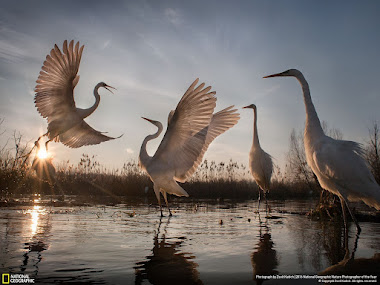Exeter NH's Rich History
Reflect on what you have learned about the 10 themes of social studies through your readings and research and through the lens of K-8 learners and their learning needs in today's world.
My understanding of this beautiful town grew exponentially through research in preparing for this social studies unit. I decided to focus my unit on New Hampshire and at times, specifically on our town of Exeter. I work and live in Exeter and this lesson plan unit is focused on geography standards for 2nd grade students.
As I drove through the quaint downtown of Exeter for the first time 6 years ago it was a truly romantic experience - I swear there were sweeping strings of an orchestra playing and I thought to myself, I would love to live here.
A walkable town with a charming down town, a body of water (river cascading through the down town area), a beautiful public library and a solid school system. If you have ever been to Exeter you know that all of the check boxes are filled.
To be honest, five years after we moved here, my love for this town has ebbed and flowed - there are the taxes and pockets of conservative politics that leave much to be desired. I still love this town and have no real interest in boxing up and moving!
In preparing for these lessons, I first created a lesson plan that was far too "science-y." When I tried to focus on the social studies focus: SS:G.3.2 - I can explain how weather, climate, and other environmental characteristics affect people's lives in a place or region - I got caught up on explaining the *why* and after scrapping all of that hard work, I realized that I need to focus on the *how.*
Yes, we have four seasons in NH - but instead of focusing on why we have four seasons and the difference between Weather and Climate - I should focus on HOW the four seasons - a long winter, scenic fall, flourishing spring and muddled summer - impact us and life in NH.
Fun fact: July is the hottest month for New Hampshire with an average high temperature of 80.1°, which ranks it as one of the coolest states. In New Hampshire, there are 4 comfortable months with high temperatures in the range of 70-85°.
Of course, I decided to scrap weather and climate all together and focus my first lesson instead of "environmental characteristics."
Some knowledge that I will hold closely in my heart long after this course is finished. After the earnest logging pursuits of the European settlers were complete, by the 180ss Exeter became a nearly treeless town!
But there was a beautification movement in the mid 1800s and it was encouraged for residents to plant shading trees. The American Elm tree was highly encouraged.
Within a generation, American Elm trees lined Exeter's streets. In the 1880s, the elm trees made driving down Front Street like driving through a wooded tunnel.




Colleen, I so appreciate hearing the evolution of your unit and how you shifted your topic; being flexible like that isn't always easy so kudos to you for rolling with it (certainly, inspires the desire to adapt in me). I love the information you chose to share on Exeter. Would love to see the old Front Street, just glorious. Imagine your students will be inspired by it.
ReplyDeleteThanks for sharing. Kate
Hello Colleen,
ReplyDeleteI love this idea, at our school each student makes historical pamphlets of our town, listing important events and buildings. Each child creates one, they think it is great fun. Then when they have finished the teacher takes the entire class on a walking field trip to visit all the predetermined places on their pamphlets. They have a great time visiting places like the old school building, the court house, veterans park all topped off with a visit to scoops ice cream parlor. When we get back, we are tired but it is an amazing home much the kids remember, even years later if you bring it up, they can tell you about their favorite part of the walking field trip. It is a great experience.
David
Hi Colleen, It is great that you were able to take away so many meaningful thoughts as you were planning your lesson. I think sometimes as adults we become too preoccupied in the now and adulting, that we forget to stop and see things for what they are. Thank you for sharing the insight with us. It sounds like a great lesson that the students can relate to. As easy as it is for us to forget the beauty around us, it is just as easy to remind ourselves and our students of it through teaching!
ReplyDelete~Tina